Last Updated
The heavy rains that have fallen over the Los Cabos region in the last few weeks due to multiple storms that passed through the Mexican Pacific have left their mark. Streets and beaches have been filled with debris which has also fallen into the sewage system and burst pipes in different parts of the region. This has led to sewage leaks becoming a common occurrence in different parts of Los Cabos. Local authorities have moved to suspend local food vendors who sell their products near these sewage leaks.
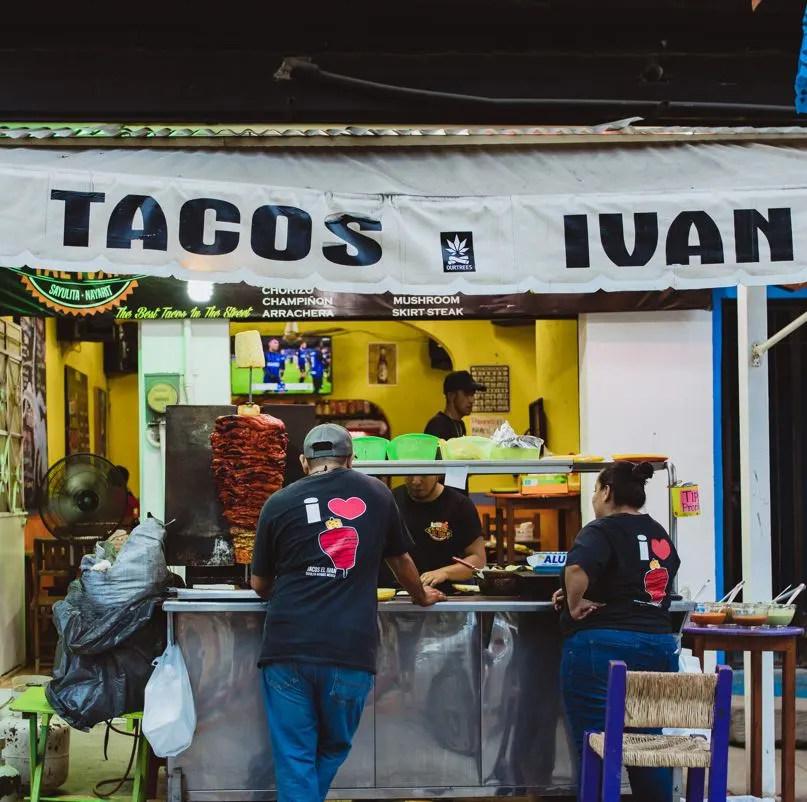
This is the second time that a ban on street food spots has taken place this month. In the aftermath of tropical storm Javier, at the beginning of the month, there was a full-on ban imposed on all street food vendors in Los Cabos and La Paz. Although a city-wide ban on street food vendors is not expected to be issued this time around in Los Cabos, vendors in certain areas are being forced to close down. Authorities mention that these closures are enforced to protect locals and tourists. José Manuel Larumbe, the head of the Federal Commission for the Protection Against Sanitary Risks (COFEPRIS), had this to say on the multiple closures:
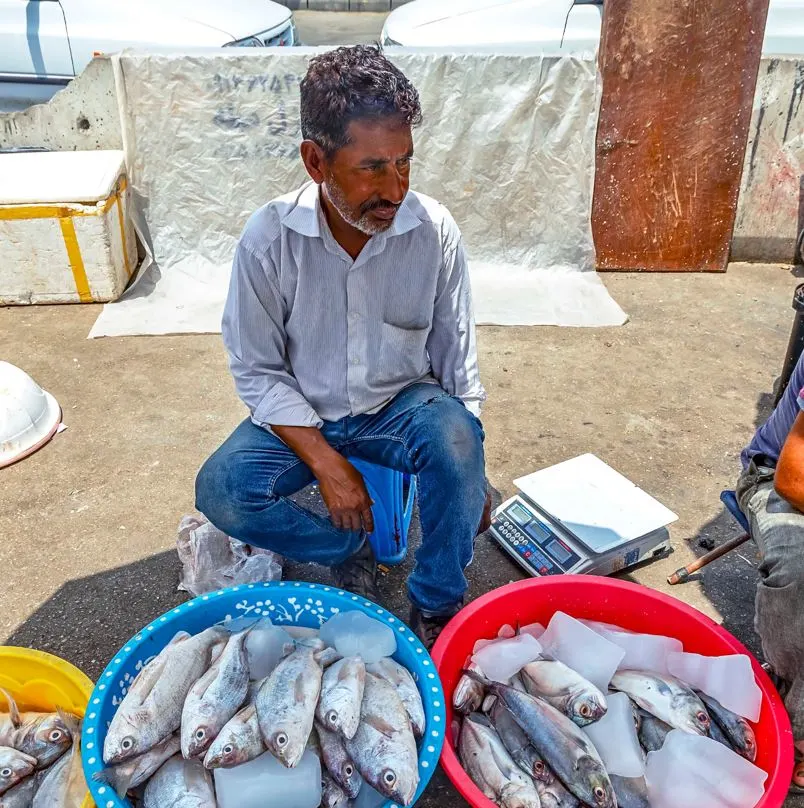
“Temporary bans on food sales are enforced when there’s a sewage leak. Businesses in the vicinity of the leak are asked to close down. Currently, only businesses close to these leaks have been forced to close. All we do is ask the business to close until we’re able to fix the leak, and deep clean the area. After that, sales will be allowed to resume.”
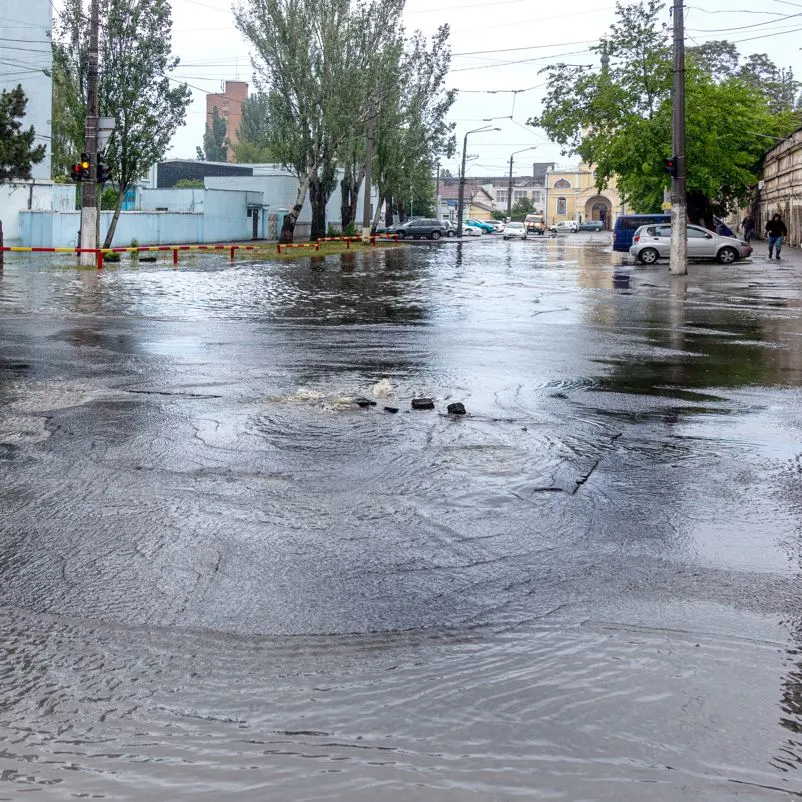
COFEPRIS Monitors Local Water Sources That Are Used By Street Food Vendors In Los Cabos
The main reason why street food venues are closed down with bad weather and sewage leaks is that the water sources that these food venues use to prepare food or wash their plates and silverware could be contaminated. Jose Manuel Larumbe mentioned that the COFEPRIS had inspected over 361 different points that are used as water sources by local street vendors. They have held over 400 talks with different local restaurants to promote the use of chlorine tablets to ensure that the water used by restaurants and street food spots is kept clean.
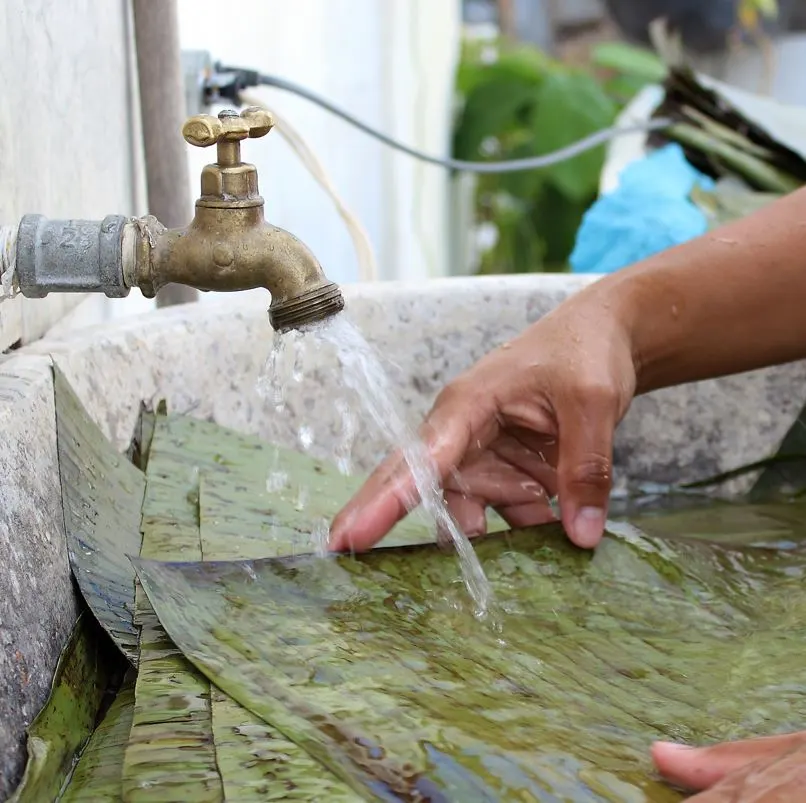
Other than the multiple stomach illnesses that can be caused by ingesting sewage or “unclean” water of any kind, the commission also wants to help eliminate the presence of mosquitoes that tend to hover around open water spots. These mosquitoes are known for proliferating other types of illnesses such as dengue fever, the Zika virus, and others.
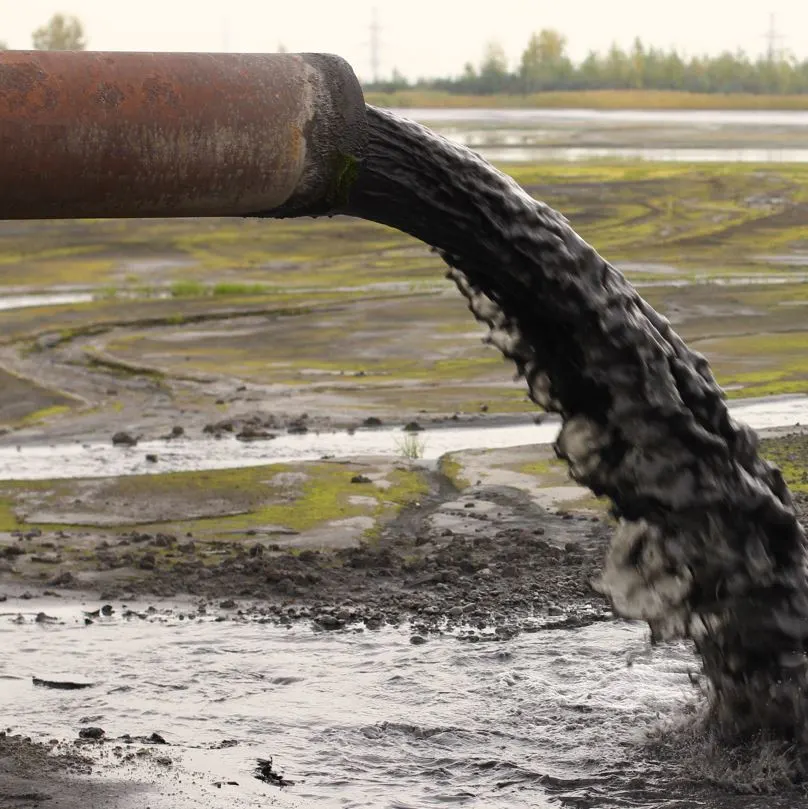
How Many Street Food Spots Have Been Closed Down?
So far, COFEPRIS claims that over the hurricane season, they’ve had to close down up to 101 locations because of different violations to the sanitation code, as well as the temporary closures of the spots that have found themselves near these aforementioned sewage leaks.
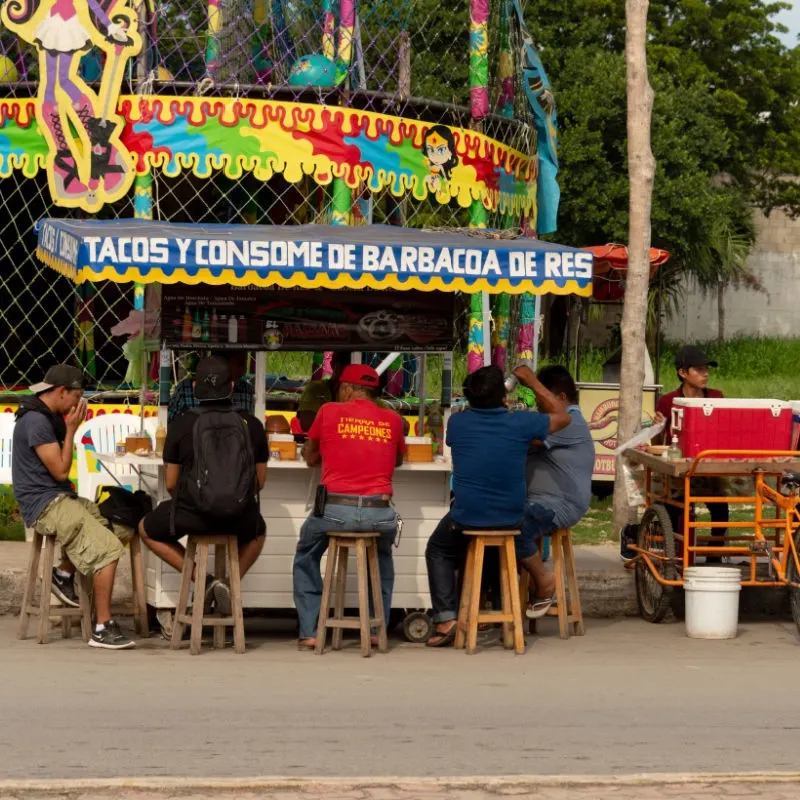
Should Tourists Avoid Los Cabos Street Food Venues Altogether?
COFEPRIS authorities seem confident that their efforts have helped to reduce the number of locals and tourists that could have fallen ill through eating in the different venues that have been at least temporarily shut down. As previously stated, the commission says they’ve inspected over 361 local water outlets.
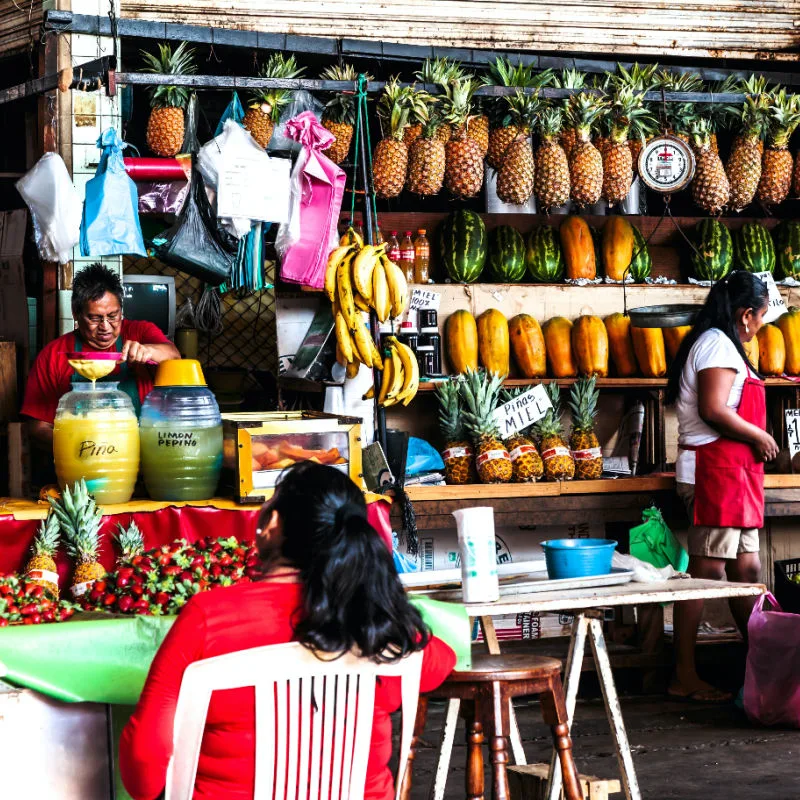
Only about 3 cases of dengue fever have been officially reported after the storm season. While that’s not a direct indicator that the food on the street is necessarily “ok” to eat, it does show that the efforts made by COFEPRIS to ensure water in these outlets is clean have somewhat paid off. Still, travelers who want to be extra safe may want to avoid street food in Los Cabos for the time being.
